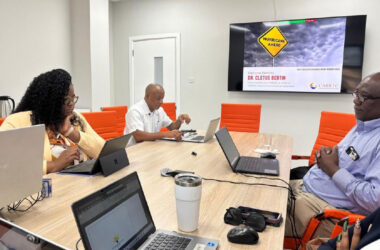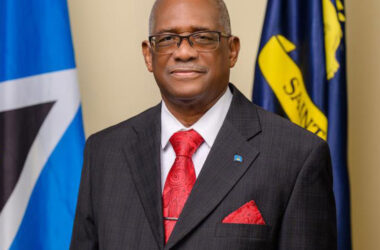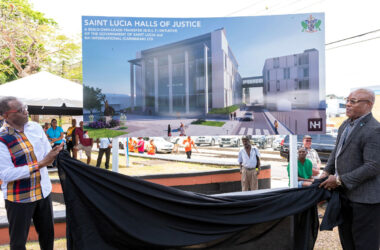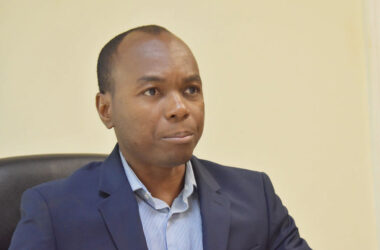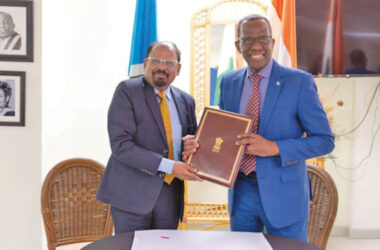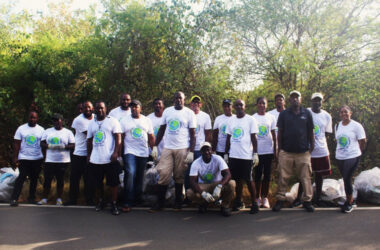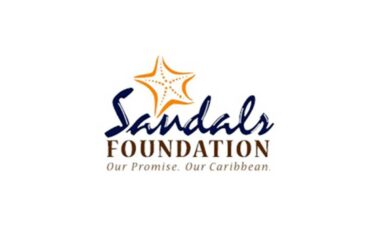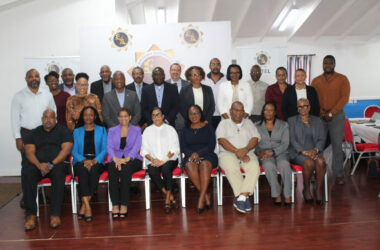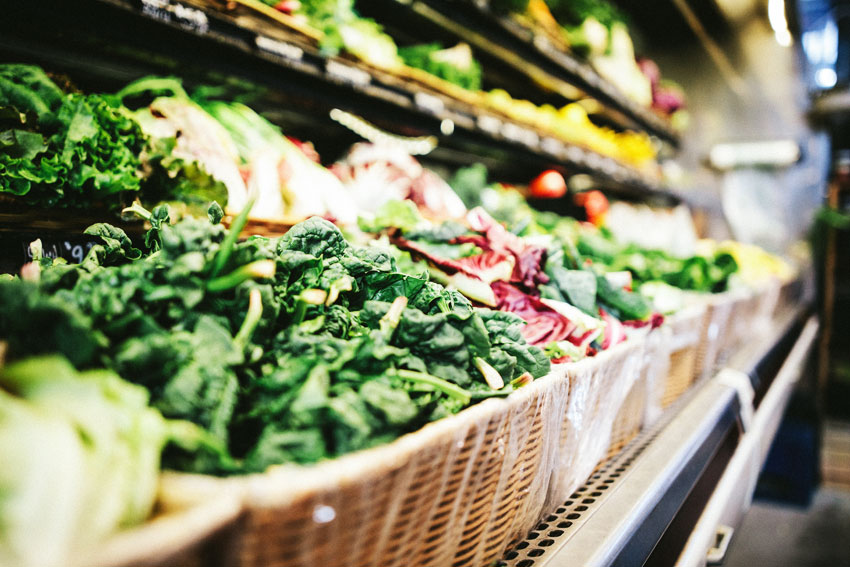
In an effort to boost sustainable food production across eight Caribbean countries, The Partnership Initiative for Sustainable Land Management (PISLM) and The Food and Agriculture Organization of the United Nations (FAO) have partnered to implement The CSIDS SOILCARE Project. The project is expected to facilitate in participating Parties meeting their obligations to Land Degradation Neutrality (LDN), benefit farmer organizations and their members through capacity development on sustainable food production systems and alternative livelihood options, including training on development preparation of projects that enables them to better access private sector support and investments for financing initiatives that promote Sustainable Land and Soil Management (SLM). The project will be rolled out in Antigua and Barbuda, Barbados, Belize, Grenada, Guyana, Haiti, Jamaica, and Saint Lucia.
The Global Environment Facility (GEF) provided grant funding of USD 8,155,205 for the implementation of the project with an estimated USD 25,797,816 in co-financing in cash and in-kind co-financing coming from the recipient country governments, private sector and non-governmental organizations totaling USD 33,953,021. The project which commenced on 24 November 2021, has a duration of 48 months, and will benefit farmers, farmer organizations, farming communities, government agencies, relevant public and private sector, civil society, and academia.
The long-term solution envisioned under the CSIDS SOILCARE Project is to enhance the national capacities for establishing the Caribbean Soil Laboratory Network and the Caribbean Soil Information System as the basis for guiding the rehabilitation of degraded land and soils, build resilience against natural disasters and climate change, as well as to enhance food systems and alternative livelihoods. As such, the project has been designed to address a number of barriers that exists which constrain the participating countries and the region in implementing these solutions including, limited soil information which hinders data to guide long and short-term development and investment decisions; insufficient persons trained in soil science and climate smart agricultural tools and practices which is necessary for sustaining soil health and food productivity; and the lack of sufficient inclusion of soil health issues such as food security in major legal and policy instruments and public education programmes of the participating countries.
During her remarks at the SOILCARE Summit on 16 December 2021, Renata Clarke, FAO Sub-regional Coordinator for the Caribbean, stated that the partnership between PISLM and FAO brings together at the governance level of the project, the skills and expertise in land degradation and sustainable land/soils management to drive the transformation of the management of land which is essential to the food security and the very survival of the Caribbean Small Island Developing States.
Meanwhile, Calvin James, Executive Director of PISLM stated, PISLM joins in the regional effort to mitigate against food insecurity and the impacts of climate change on the agriculture sector. As the governments of the Caribbean Community are actively drafting policy instruments ensure the regions food security. PISLM, in partnership with FAO and in collaboration with CARICOM are pro-actively providing and contributing to the enabling environment for the region to food security needs through its flagship programme known as SOILCARE”. He added that, “SOILCARE will provide the tools required to ensure soil health, strengthen the region’s soil lab network, introduce new technologies in climate smart agriculture and build the capacity of the region’s agri-practitioners”.
In May 2022, PISLM signed a cooperation agreement with The University of the West Indies (UWI), St. Augustine Campus to implement relevant activities under the project which includes the establishment and operationalization of a PISLM/SOILCARE Regional Research Facility on New Climate Resilient Adaptation Technologies. The UWI has agreed to lease at least 25 acres of the Agriculture Innovation Park which is located on 200 acres of land at the Orange Grove Estate, East Trinidad to establish the facility.
The PISLM/SOILCARE Regional Research Facility is intended to identify and evaluate agricultural practices and technologies that enhance productivity, food security and resilience in specific agro-ecological zones and farming systems in the Caribbean and provide training to farmers on those practices and technologies. The ceremonial signing took place on 27 May 2022 at the Office of the Pro Vice-Chancellor, The University of the West Indies, St. Augustine Campus. In attendance were Pro Vice-Chancellor and Professor Brian Copeland Principal of The UWI St. Augustine Campus (now retired), Calvin James – Executive Director, PISLM, Gaius Eudoxie – Lecturer – Soil Science, UWI, Mark Wuddivira – Dean of the Faculty of Agriculture, UWI, and Neila Bobb-Prescott – FAO’s Climate Finance Specialist.
A number of other activities are also commencing under the project including an assessment of land and soil degraded areas in order to develop strategies for the rehabilitation and restoration in those areas; a market analysis to determine which crops/products have the most commercial potential that will be produced by climate smart model farms. Additional activities are; an assessment and accessibility of existing financing mechanisms which invest in profit-generating sustainable land management and restoration projects; the adoption of sustainable and good practices to boost productivity while mitigating and adapting to climate change and a review and updating of the Caribbean Community relevant policy frameworks to ensure the integration of climate resilient sustainable soil and land management actions. Other key areas to be targeted include resilience building to land degradation, natural disasters and climate change through climate smart agriculture and drought risk management.
The enhancement of food systems and alternative livelihoods through the promotion of innovations in agriculture and livestock production systems and mobilization of the private sector through strengthened public-private partnerships is also an important activity the project will CSIDS SOILCARE Project address as well.



